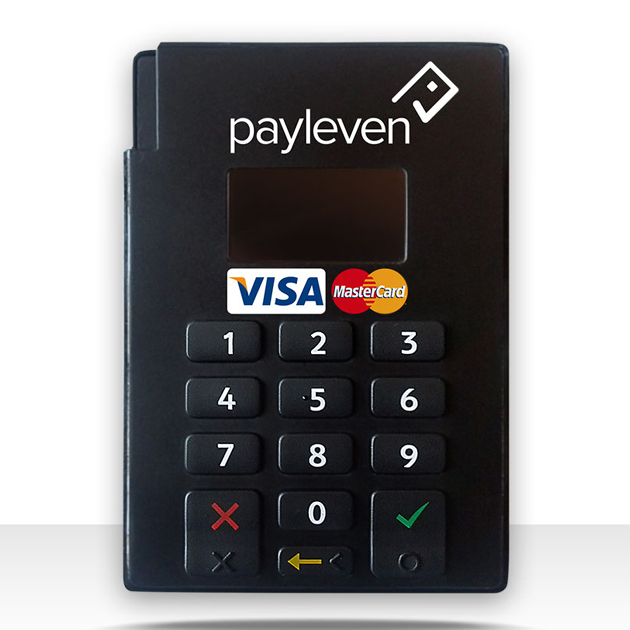
The Motor Vehicle Maintenance and Repair industry is highly fragmented, with the top four players accounting for an estimated 4.8 per cent of total industry revenue.
The sector is therefore characterised by smaller, privately owned, independent businesses often operating from a single, fixed location. This is further illustrated by market research agency IBISWorld’s Motor Vehicle and Repair Division’s findings that 89.8 per cent of industry operators employ fewer than ten employees and just 0.1 per cent employ 100 or more.
Consequently, it is fair to assume that the industry’s core base of independent operations will not have the same financial infrastructure as large corporations; making cash flow a particular issue for many. A late payment, for example is often a huge concern and The European Union has recently begun to actively campaign against this in order to counteract the risk of bankruptcy caused by unpaid invoices.
This is positive news for smaller operations but doesn’t address how to go about being paid on the spot. Normally businesses would take card payment, but since these are usually only available through static terminals that often incur hefty sign-up and monthly operating fees, it can be beyond the grasp of many smaller organisations. It is therefore obvious that there is a clear need for smaller mechanics to look beyond the traditional card machine.

This is where the increasing digitalisation of the payment landscape has presented opportunities that remove these barriers to payment. There is now a proliferation of mobile payment devices on the market. This has without a doubt been facilitated by the rise, and ease of access, to mobile, high speed data connectivity, coupled with the development of powerful Smartphones and tablets. For example, mobile point of sale (mPOS), sometimes referred to as mobile card payments is an alternative which represents a contrast to traditional card payment options but remains secure and flexible – key considerations for small, independent operators.
However, the main focus of adopting new technology should always be about the business bottom line. Indeed, ensuring prompt payment is a key business issue. For the business owner, especially small, independent mechanics, mobile payments offer the capability to process payment on the spot whilst also offering additional functions such as personalised loyalty schemes. For example, mechanics could offer discounted work after so many transactions or a free consultancy session for recommended customers.
This underlines the scope for mobile payment technology to become a complete merchant solution, addressing trade needs across many functions including marketing, accounting and customer engagement programmes.
In this landscape of advancing technology, mobile payment solutions are increasingly able to adapt to different businesses’ needs whilst guaranteeing a level of security that puts customers’ minds at ease. The increasingly competitive market has forced small businesses to exploit technological advancements in order to increase their revenues, remain adaptable to changing business landscapes, and meet consumer demands.
Essential considerations for even the smallest of operations.
Log on to https://payleven.co.uk to find out more.









